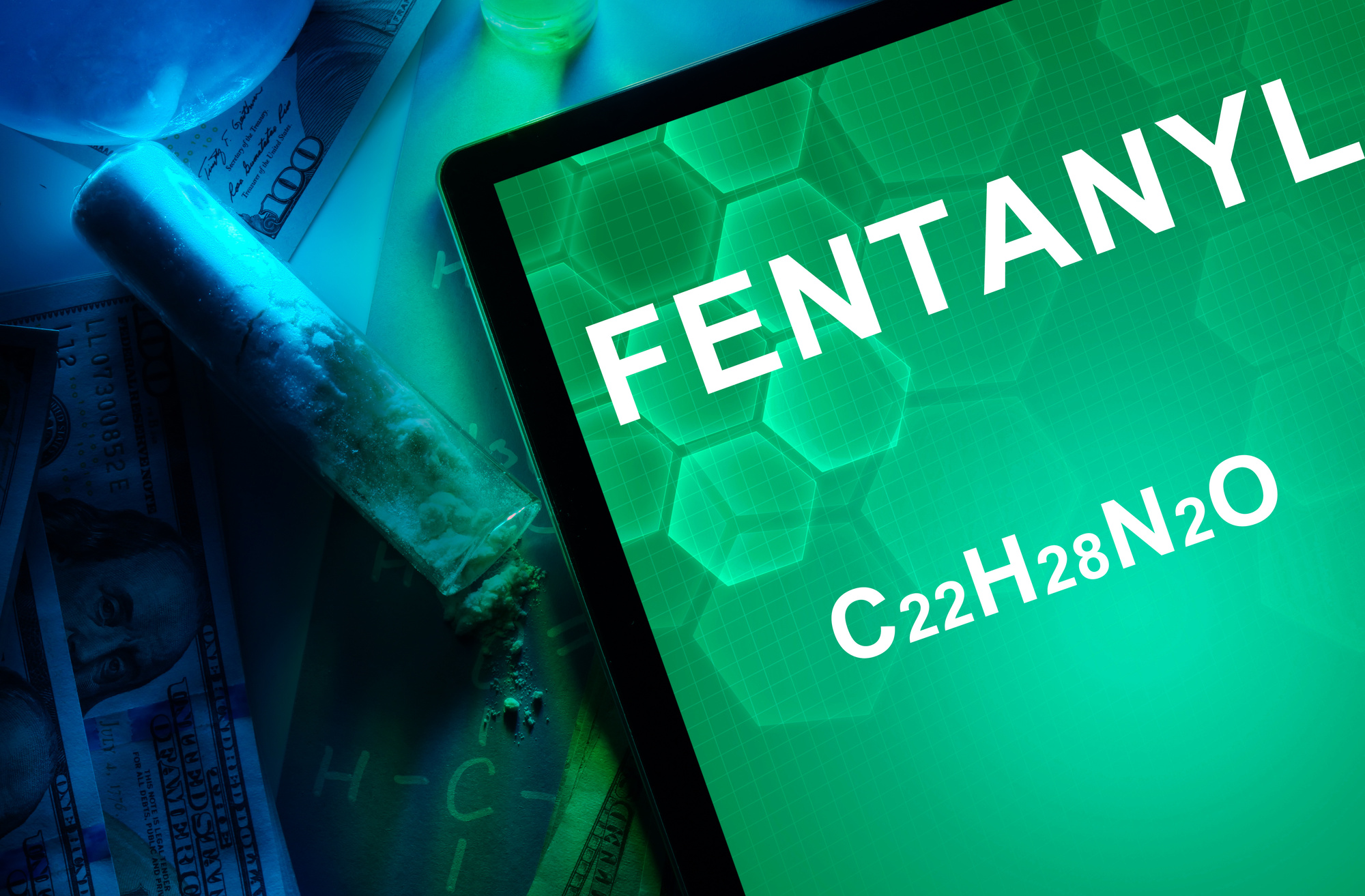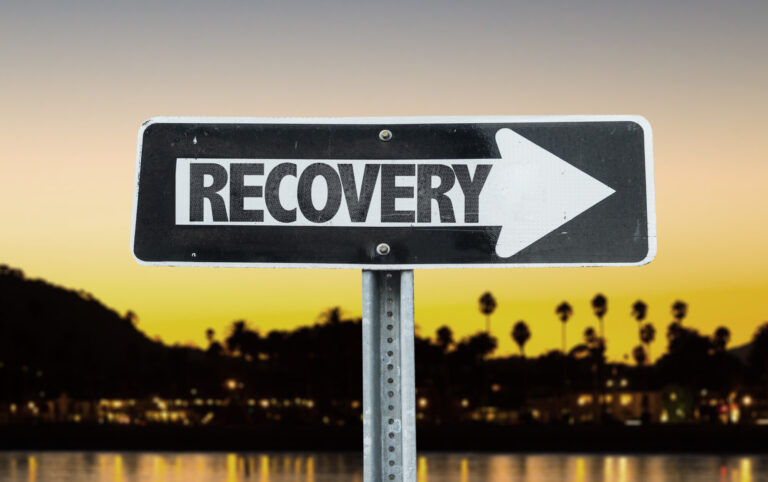Fentanyl is a powerful synthetic opioid that is prescribed to patients with severe pain, especially after surgery. It is 50 to 100 times more powerful than morphine, and that’s why it must be used with care.
If you are currently detoxing from Fentanyl, then you might be wondering what the withdrawal symptoms are and what the process looks like. It’s better to know all these details so that you are better prepared for everything that’s coming your way.
Keep reading to find out more about the Fentanyl detox timeline and advice on how to detox from fentanyl best.
How Long Does It Take To Detox From Fentanyl?
Various factors will affect how long it will take you to detox from Fentanyl. Even though typically the withdrawal lasts between 7 to 10 days, it can vary from person to person, due to the following factors:
- Whether you took extended-release Fentanyl or use immediate-release or illicit Fentanyl
- How long you used Fentanyl for
- The amount and frequency of usage
- The route of administration
- How old you are
- If you have any mental or physical health issues
- If you take any other medications or substances as well
That’s why it’s very hard to gauge how long you will be dealing with the Fentanyl withdrawal symptoms listed below.
Fentanyl Withdrawal Symptoms
Once you take your last dose of Fentanyl, within 6 hours, the first withdrawal symptoms could appear. That’s quite quick. Your withdrawal symptoms will progressively increase until they peak about 1-3 days after your last dose.
Some symptoms to watch out for are:
- Anxiety
- Nausea
- Trouble sleeping
- Increased breathing rate
- Abdominal cramps
- Vomiting
- Fever
- Dilated pupils
- Dizziness
- Sleepiness
- Heavy sweating
- Runny nose
- General irritability
- Chills and goosebumps
- Muscle or joint aches
As you can see, Fentanyl withdrawal symptoms include both physical and psychological effects. Each person will experience different symptoms in each phase of the withdrawal.
Fentanyl Detox Timeline
There are three distinct phases in a Fentanyl detox. Even though the symptoms in each phase don’t seem life-threatening, you should still always perform a Fentanyl detox with medical staff around.
Early Symptoms
2 to 4 hours after the last dose, early withdrawal symptoms will start appearing. These are usually associated with slight bodily discomforts, like constant yawning, aches, and chills. You might also start feeling a sense of anxiety, restlessness, and an increased craving for the drug.
Peak Symptoms
From 24 to 36 hours after the dose and up to a week after the last dose, you will experience some of the worst withdrawal symptoms, including fever, and vomiting. This will require medical care and attention, and that’s why you should never undertake Fentanyl detox on your own (more on this below).
Long-Term Symptoms
The problem with Fentanyl detox is that you will suffer withdrawal symptoms long after you’ve given up the drug and been drug-free for a while. That’s why relapses with Fentanyl detox are so common.
You might be feeling withdrawal symptoms weeks after your last dose and still suffering from cravings and disruptive thoughts. Ensure that you seek some kind of medical withdrawal management and rehab program, so that they can assist you throughout the process.
Detoxing From Fentanyl – Don’t Do It on Your Own
You are going to see this warning repeated all over the internet and by medical professionals all over. Do not ever undertake a Fentanyl detox on your own. It can be quite dangerous if you do this.
The first problem with doing it on your own is that because the cravings during Fentanyl detox can be so strong, most users relapse, rather than resist the cravings. When you relapse, your body, which has adjusted to a lower dose already, will be more vulnerable to a fatal overdose. That is, your body has a lower tolerance now and you will need a lower dose of Fentanyl to reach a high since Fentanyl has been out of your system for a bit.
Second, you will also be dealing with diarrhea, fevers, and vomiting at the peak of your withdrawal and you might suffer from dehydration or other related ailments because you are losing too many fluids and electrolytes. This can cause you to fall into unconsciousness or even a coma depending on the severity.
Find Ventura County Drug Rehab Centers
It’s always better to do a Fentanyl detox at a rehab center with medical professionals around, so they can give you medication that can help you deal with the intense cravings. This way you are less likely to relapse. Also, they can ensure you don’t get dehydrated or have some other related ailments.
You will be monitored constantly to ensure that your Fentanyl withdrawal symptoms don’t get worse, and if any complications arise (if you’ve been on Fentanyl for a while, they will likely arise), then medical staff will be on hand to treat you promptly before things get worse.
Finally, a prescription drug rehab center can also build a long-term recovery plan for you, so you aren’t left all alone in the world to fend for yourself, after such a major episode in your life. All this can reduce the risk of relapses, and ensure that you can get to a life free from opioids or any other substance abuse.
Don’t Get Overwhelmed by All This Information
If all the information presented above on detoxing from Fentanyl seems daunting, there’s no need to panic. With a good Ventura County Detox center supporting you on this detox journey, you will be successful and on your way to recovery in no time.
It can be hard to go “cold turkey” when detoxing from Fentanyl. That’s why a rehab center can ensure that you wean yourself off the drug slowly.
Contact Altitude Recovery Community if you are searching for rehab in Ventura for yourself or a loved one. Our team is ready to help you make a full recovery over time; you are not alone in this journey.



